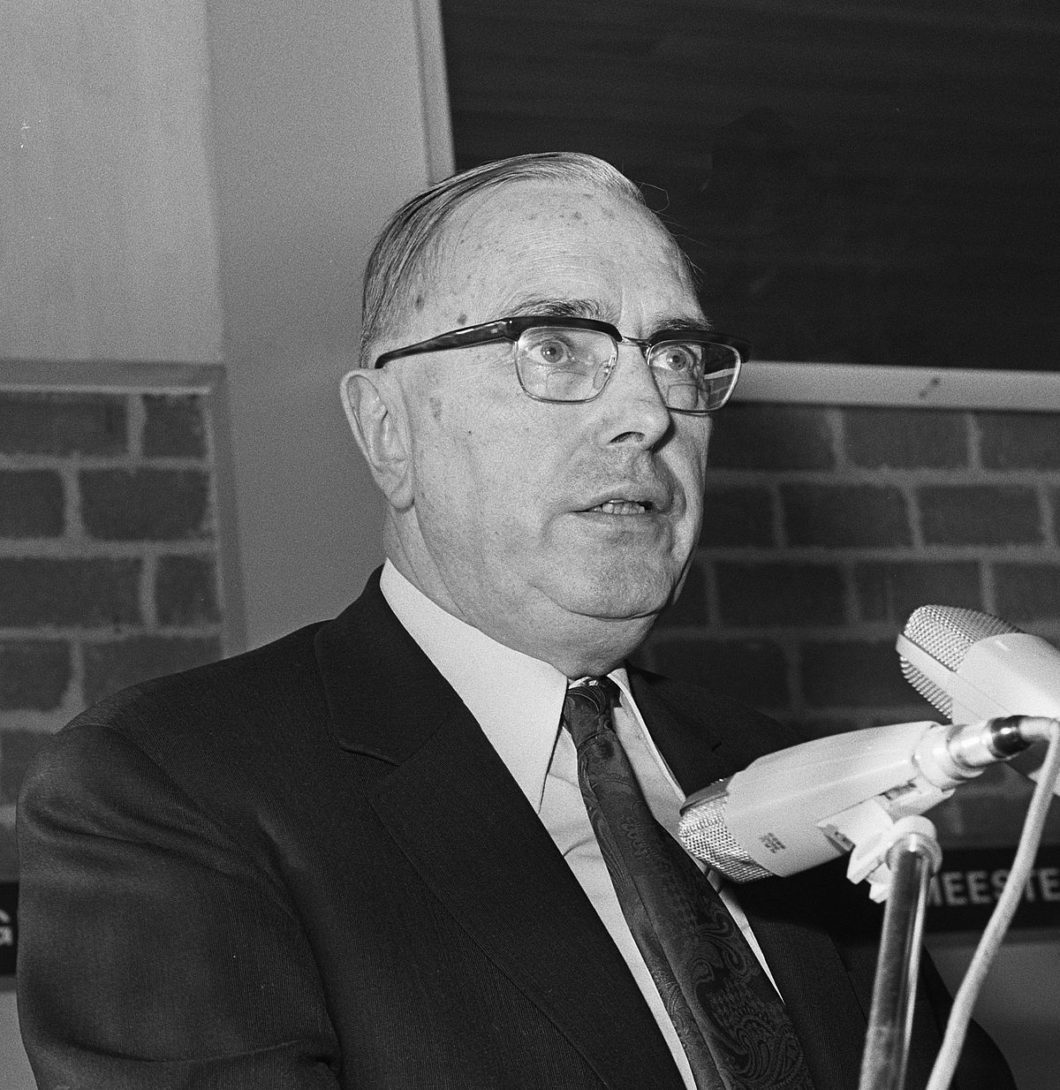The Man Who Beat Alekhine
In 1935, the chess World was struck with a shock of epic proportions. Alexander Alekhine, celebrated World Champion, has been defeated in a World Championship Match by relatively lesser known Dutch master, Max Euwe.
Although Euwe is known as the ‘Man Who beat Alekhine’, it seems to me that even today he doesn’t get the recognition he deserves for accomplishing that feat. Many people try to diminish that feat. Most often, people say that Alekhine was already getting quite old, that his peak has already passed, that he had a drinking problem during this match and that in 1937 in the return match, he showed who is the boss.
I think that by doing so, people don’t give enough credit to Euwe, who has been really playing some good chess and scored a deserving victory.
Also, many people criticize Euwe because he was unable to assert any sort of dominance in tournaments of those era. And I have to admit, this criticism has some ground; he wasn’t able to dominate tournaments like Alekhine in the early 30s, or Botvinnik in the post-war era.
However, his tournament results were not lacklustre either. Kasparov himself wrote that Euwe was “A Worthy Champion”; I think that this is the best description of Euwe’s tournament career.
Some of his notable results are:
- Hastings 1930/1931 – Clear 1st, ahead of Capablanca
- Zürich 1934, – Shared 2nd, 1 point behind Alekhine
- Bad Neuheim 1937 – Clear 1st, ahead of Alekhine
- Maastricht 1946, Clear 1st, 2 points ahead of competition
- Gröningen 1946, Clear 2nd, half a point behind Botvinnik
Finally, most people who don’t know much about Euwe in general claim that he played boring, positional chess. That he was primarly a strategist. However, it couldn’t be further from truth. Euwe was described by Alekhine as “primarly a tactician”. His games are wonderful, they are fighting, they are complicated, they are intriguing and there are tactical complications going on. While annotating the games (with the help of Kasparov’s My Great Predecessors, part two), I was struck by the fact that Euwe’s play often had some sort of ‘Tal element’ .
All in all, I think that Euwe is the most underrated champion of them all.
Take a look at the games and judge for yourself. I hope that this list of Euwe’s best games will change a couple of minds.

1. Geller – Euwe, Zürich Candidates, 1953
Zürich 1953 was sort of a swan song for Euwe on the international level. He scored a number of fascinating victories and the game against Geller is one of them. It features a fascinating attacking – defensive shot, 22 Rh8!!?.
2. Euwe – Alekhine, 26th game, World Championship Match, 1935
A game from the match against Alekhine and Euwe’s most creative achievement. He gives up a piece for three pawns and outwitts Alekhine in a grand struggle. This game would later be known as the ‘Pearl of Zandvoort’, named after the Dutch town in which it was played.
3. Euwe – Fischer, New York, 1957
A miniature against young Fischer, definitely worth a closer look.
4. Euwe – Maroczy, Zandvoort, 1936
The second ‘Pearl of Zandvoort’, although much less clear one.
5. Euwe – Najdorf, Zürich Candidates, 1953
Another gem from the Zürich candidates. A sacrifice of the full rook, a dashing attack on the kingside. One of my favourite Euwe games.
6. Euwe – Loman, Rotterdam, 1923
A miniature from Euwe’s early years, notable for the concluding sacrifice. But I also like the way he extracted advantage in the opening.
7. Euwe – Landau, Amsterdam, 1939
8. Keres – Euwe, Match, 1940
Another wonderful creative achievement by Euwe. The bishop sacrifice on f3 is one of the most beautiful moves I have ever seen. Make sure to check it out.
9. Szabo – Euwe, Groningen, 1946
Another game in the same variation of the QGA, and another victory for Euwe.
10. Tartakower – Euwe, Venice, 1948
Last, but not the least, a Tal like sacrifice followed by a king chase. One of the more famous Euwe games, but beautiful nevertheless.

